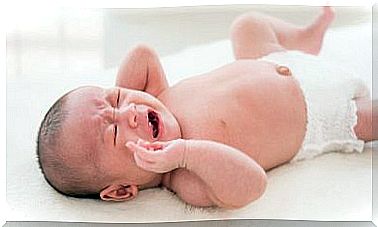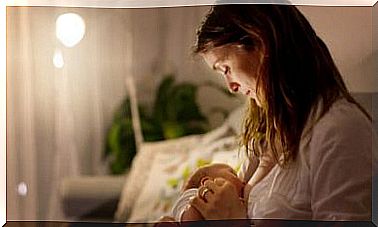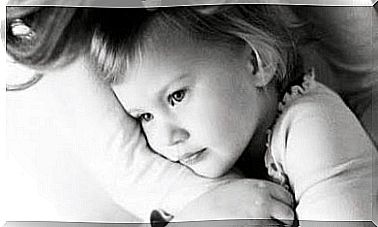Women Need A Year To Recover From Postpartum

To say out loud that a woman needs a year to fully recover from childbirth is for many an exaggeration. However, a recent study makes it very clear: the current 4-month maternity leave is not consistent with the real needs of a mother who has just given birth.
Dr. Julie Wray, from Stanford University, carried out a study on the postpartum reality that women live in different countries around the world, showing that although each body is unique, on average, most new moms need 12 months approximately to fully recover, both physically and mentally.
This data offers us a more vulnerable image of women. Because the task of
maternity
it is possibly the most difficult, wonderful, and dedicated task that can be done, and while the vast majority of women return to their job responsibilities within a few weeks, that doesn’t mean their bodies are fully recovered.
This is something to consider. Not only so that maternity and paternity leave are a little more in harmony with these needs, but also as an informative tool to implement better health and health care strategies,
Social
and even psychological.
Let’s look at some interesting data that will undoubtedly help us to understand much more about the subject.
The puerperium, this difficult stage after childbirth
The puerperium is this period that extends immediately after childbirth, until the mother’s body returns to an adequate pre-pregnancy state, that is, to recover the usual physical, organic and hormonal characteristics.
It is generally common to think that the
puerperium
lasts on average the classic 40 days. Now, what sometimes escapes us is that the puerperium actually has three phases. Let’s look at it in detail.
Postpartum phases
● Immediate puerperium: lasts about 24 hours and covers the physical recovery of the birth itself.
● The mediate puerperium is related to the woman’s genital involution, the appearance of the lochia, the rise of milk…
● Distant puerperium: it would reach 45 days, just when menstruation returns.
● Late puerperium: it can reach up to 12 months, and for many specialists it makes up the complete recovery of the woman’s body after childbirth.
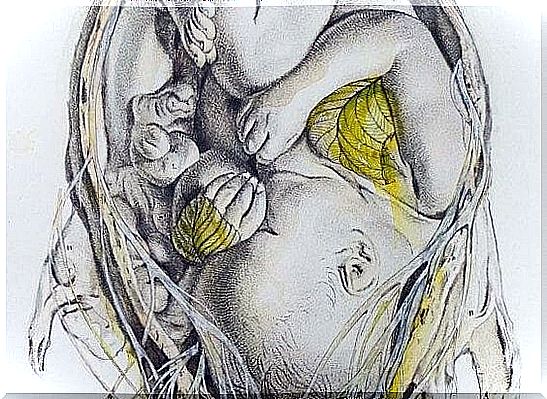
Changes that the woman’s body undergoes during the puerperium
● Changes in the circulatory system: the mother’s heart rate returns to its normal state after delivery; in fact it is normal to experience a decrease in tension during the first few weeks – this is something we should take into account -. It is also common for hemorrhoidal nodules to appear.
● Hormonal changes associated with progesterone, the endocrine glands, the pituitary gland that regulates milk production…
● The volume of the abdomen decreases so that you can regulate the position of the diaphragm so that breathing becomes deeper.
● The stomach and intestine also experience changes in dilation, so some weeks may pass in which the mother suffers from slow digestion, constipation, lack of appetite…
● Over the months following childbirth, it is common to experience urine infections due to the recovery of tone in the bladder.
● In turn, another fact that we must take into account is that many women can suffer a fall in their defenses after giving birth.
To think that a woman’s body recovers after giving birth in just 4 months is a “fantasy”
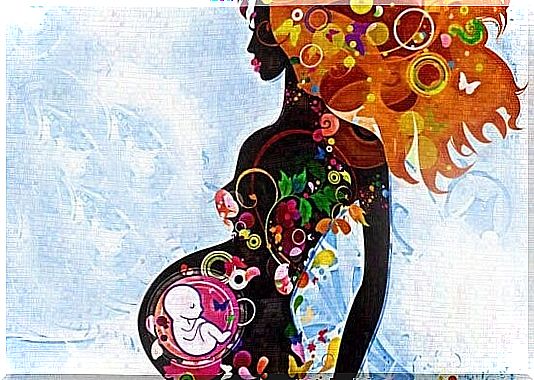
When a woman gives birth, it doesn’t take even a few days to start a mission that only she understands, lives and assumes: it doesn’t matter the pain of that birth or that cesarean. She will get up when the baby needs her to take care of him.
It doesn’t matter how few hours of sleep, nor how
tired
that she is, nor how strange she will notice her own body, which she doesn’t recognize, or how sometimes it hurts so much that it frightens her, so much change…
A mother will do whatever this new life needs. However, if this mother has a labor responsibility, at the end of the 4 months she will have to separate from this baby to resume her professional responsibilities. Even if your body is not recovered, even if your emotions are confused, on the surface, and linked solely to your baby.
Countries like Norway or Sweden are very aware of this physical, organic, hormonal, and emotional reality. Therefore, work permits reach up to 16 months. Furthermore, in this license the parents are also included in a remarkable proportion, because it is understood that the creation is a thing of the two, and that in these first months of life, neither the baby nor the mother should be alone.
These social policies are enviable, no doubt about it. These are countries where the state of
welfare
it goes hand in hand with an authentic and real sensitivity for the population, for their needs, and also for the new generations. We therefore understand that a 4-month leave is not enough for a mother to recover from everything after giving birth.
The mother will do her job, no doubt, and do it well, but her body still feels pain, and precious time is also lost that would serve to further strengthen the mother.
bond
with this child who needs his parents so much.


